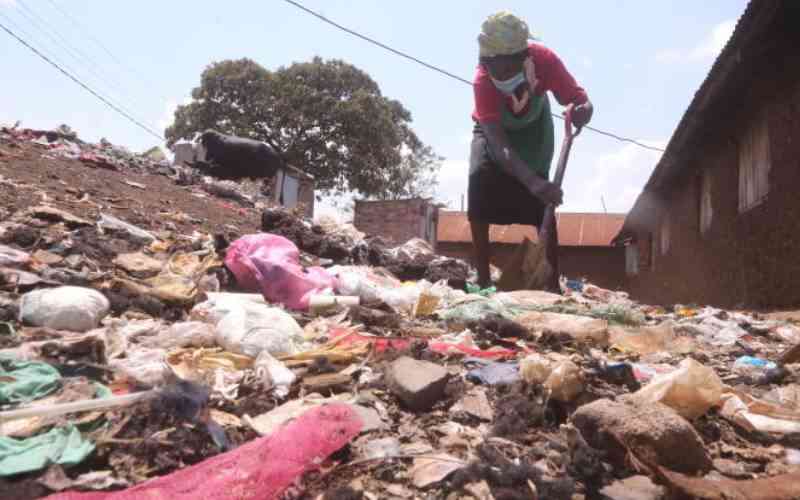×
The Standard e-Paper
Smart Minds Choose Us

Despite women being always positive towards receiving messages concerning waste reduction and recycling, they have been excluded in waste management.
This emerged during the launch of a report at the sixth United Nations Environmental Assembly (UNEA-6) in Nairobi.